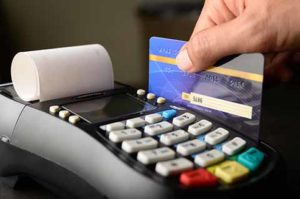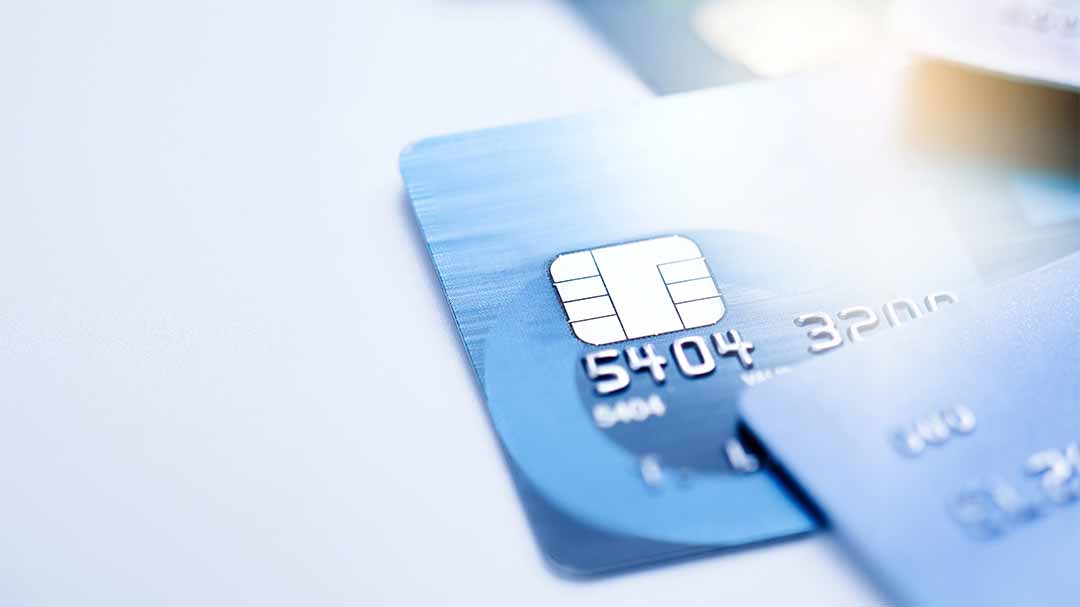We have been inundated with phone calls for the last few months, from our merchants – all asking the same questions:
What is EMV?
What is chip card technology?
Can I be fined or even arrested if my terminal is not EMV Capable?
Without an EMV machine, will I lose ALL chargebacks on your account?
Is it true that EMV is the only way to process credit card charges after October 1, 2015?
610 Merchant Services is here to help put all of our merchant’s, and hopefully some new ones, minds at ease. We all have heard or read something about the looming October 1, 2015 liability Shift.
Lets start off by defining Liability Shift: this simply means there is a change in the financial responsibility to the merchant, bank or credit card company should a fraudulent transaction take place. Today, if a card present in-store transaction is made using a counterfeit, stolen or otherwise compromised card, consumer losses from that transaction fall back on the payment processor or issuing bank. After the October 1, 2015, deadline (which was created by major U.S. credit card issuers MasterCard, Visa, Discover and American Express), the liability for card-present fraud will shift to whichever party is the least EMV-compliant in a fraudulent transaction.
Now at this point you may be asking what is EMV? EMV stands for Europay, MasterCard, and Visa. EMV is a global standard for credit and debit payment cards based on chip card technology.
As the U.S. payment industry transitions to EMV technology, there’s a lot to adjust to, starting with what to call the new cards. You may have already heard or read these terms – don’t stress over the different terms either, they all mean the same thing.
- Smart card
- Chip card
- Smart-chip card
- Chip-enabled smart card
- Chip-and-choice card (PIN or signature)
- EMV smart card
- EMV card
 Here is how the new technology cards work: Rather than a magnetic strip, EMV uses a microprocessor chip embedded in the card.
Here is how the new technology cards work: Rather than a magnetic strip, EMV uses a microprocessor chip embedded in the card.
Unlike magnetic stripe transactions where typically the track 2 data containing the card number and expiry date is processed, every chip card transaction contain dozens of pieces of information to be exchanged between the card, the terminal and the acquiring bank or processors host. This requires the terminal to perform many stages of complex processing, including cryptographic authentication, to successfully complete a transaction.
What does this all mean for merchants?
Pre-October 1st Scenario
1. A counterfeit card is used at a merchant location
2. Customer sees charge, calls credit card company to dispute and charges it back
3. Merchant supplies signed sales receipt and will win chargeback
Post-October 1st Scenario
1. Card data is stolen and encoded onto a fake credit card
2. This “counterfeit” card is used at a merchant location
3. Customer sees charge, calls credit card company to dispute and charges it back
4. If the counterfeited card was originally an EMV-issued card (i.e. a chip card) then:
Merchant supplies signed sales receipt and will win chargeback ONLY IF merchant has an EMV terminal;
Merchant will lose chargeback if merchant does not have an EMV terminal
5. If card was not issued as an EMV card then Merchant will supply sales receipt as normal and win chargeback regardless of type of machine they have (EMV-enabled or otherwise)
We have heard so many sales tactics (or lies) such as:
1) If you don’t have an EMV machine, the police will give you a $100 ticket.
2) Without an EMV machine, you will lose ALL chargebacks on your account.
3) EMV is the only way to process credit card charges after October 1, 2015, so without that machine, you won’t be able to take cards.
4) Your website needs to be able to take EMV cards. (Hint: There is no EMV acceptance ability – i.e. chip reading – on websites and there is no Liability Shift for e-commerce or Key-Entered transactions.)
5) EMV cards are cheaper than swiped sales.
Don’t be fooled by these sales tactics. 610 Merchant Services is here to answer any questions you have.
